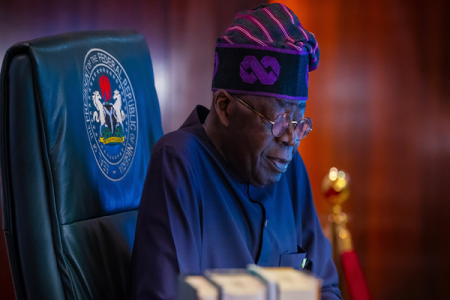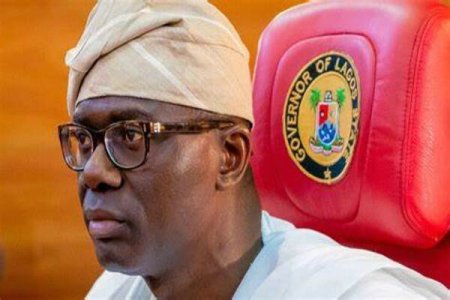
The House of Representatives is set to invite Central Bank of Nigeria (CBN) Governor Olayemi Cardoso to clarify the recent policy changes that lifted the forex restriction on 43 items. This decision comes in response to a motion of urgent public importance raised by member Sada Soli, who expressed concern about the potential impacts of this policy shift on the economy. Some of the initially prohibited items were known to have tariffs in place to protect local industries.
Lawmakers are worried that Nigeria's ability to compete in the African Continental Free Trade Area could be compromised if the domestic market is flooded with imported finished goods. As a result, the House of Representatives aims to gain a better understanding of the policy's implications by inviting the CBN governor for further explanation.
The CBN had initially restricted these items from accessing foreign exchange markets in 2015, arguing that they could be produced within the country. The list of affected items included rice, cement, palm kernel, meat and processed meat products, poultry, soap, cosmetics, and more. However, the recent CBN statement signaled a change in this policy, allowing importers of these items to access foreign exchange in the Nigerian Foreign Exchange Market




